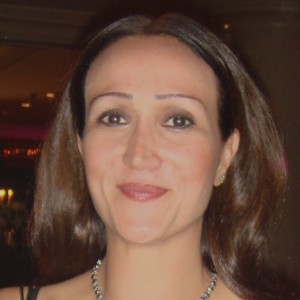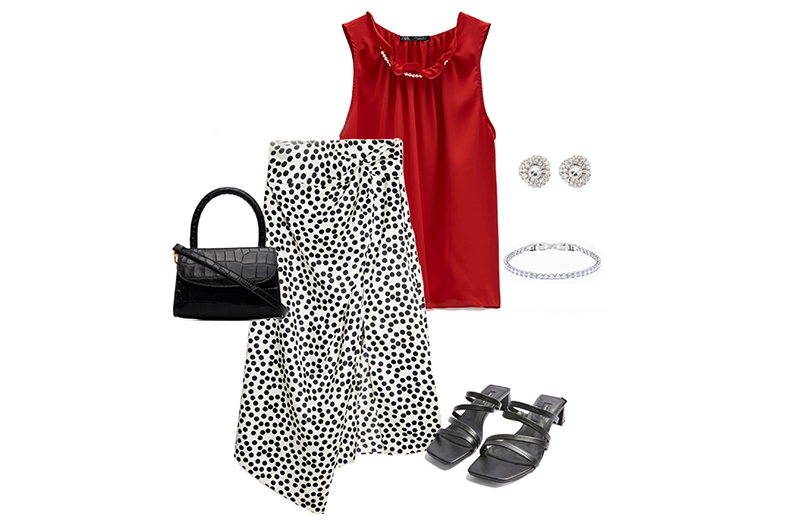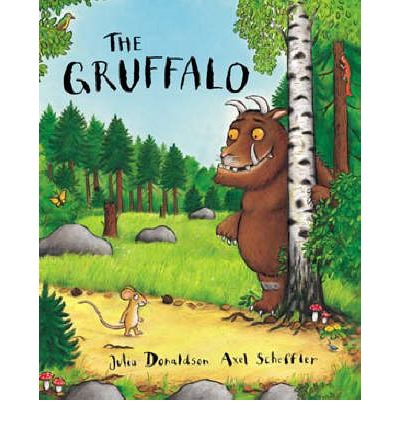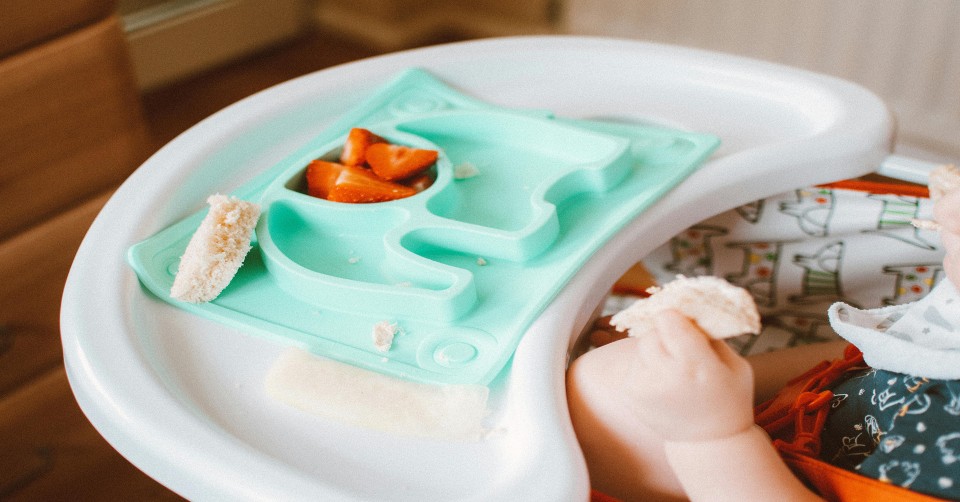Intervention and Treatment
Increasing your child’s vocabulary and concept development

How many words should your child be saying and ways to increase vocabulary and concept development.
Parents often wonder how many words their children should have at different ages. This seems like a simple question, but there's not always a simple answer. Vocabulary development can be relatively variable among children of the same ages. Here are some general guidelines:
- Children typically speak their first word somewhere around one year of age.
Some children, however, take up to one year and a half to utter that long-awaited first word.
- At one year and a half, children typically use between fifty to one hundred words.
(but we don't worry too much unless they have fewer than 20).
-
At two years, children usually have an expressive vocabulary of two to three hundred words.
(but we don't worry too much unless they have fewer than 50).
- At three years, children can have anywhere from five hundred to one thousand words in their vocabulary.
- By five to seven years, children have an expressive vocabulary of three to five thousand words.
It's important to note that when talking about vocabulary, we have to be careful to state what type of vocabulary we are looking at: expressive vocabulary (the number of words children use when they talk) or receptive vocabulary (which is the number of words children understand, and is almost always significantly higher than expressive vocabulary). The above numbers represent expressive vocabulary, or the number of words children typically use at these ages.
Research has shown that parents who use conversational speech with their children (talking about what they did, what they saw and what they thought about basically just making conversation with their children on a regular and on-going basis) have children with significantly higher vocabularies and IQs at age three than children whose parents used mainly directive speech (get this, do that, come over here). The differences in language and IQ remained at age nine as well.
Here are some ways of how you can keep your child’s vocabulary growing:
-
At the toddler age, use simple language to talk about what you and your child are seeing and doing.
Narrate your day and engage your child in simple back and forth conversations about what is happening.
-
Take pictures and use them to extend and repeat the conversation about events that have happened.
even with children as young as two years. Talking about things that have already happened helps your child learn to talk about events (things that are not right in front of the child).
-
As your child develops language in the preschool and elementary years, continue to engage in conversations about things that have happened in your lives. When you do so:
-
Use active listening to show your child you are listening; create opportunities for your child to comment and add to your thoughts.
Create pockets of time in which you really talk with your child.
-
Restate what your child says, using slightly more advanced, new vocabulary.
For example, if the child says, "Did you see that house by the water? It was big!" respond by saying, "I did- the tree next to the river was huge!".
- As your child talks, ask "how" and "why" questions to help extend and analyze thoughts.
Doing so allows your child to use new vocabulary to talk about abstract thoughts, rather than simply talking about the concrete objects.
Toddlers and preschoolers have a lot of work to do to learn the words that describe positions, size, quantity, texture, time or sequence and emotions. These words are critical to understanding directions (e.g. "You can take the big cookie") and make it so much easier for your child to communicate clearly with you (e.g. 'Mom I want to wear the yellow shirt').
Learning basic concepts seems to happen almost effortlessly for many children and it's so interesting to watch the progression. Pay attention to the types of words your toddler is using and how well they are able to follow directions you give them. You may have some great examples of your own about basic concept learning, or you may find a few that your child needs help learning. You can seize the teachable moments or find fun ways to teach these concepts clearly to your child.














